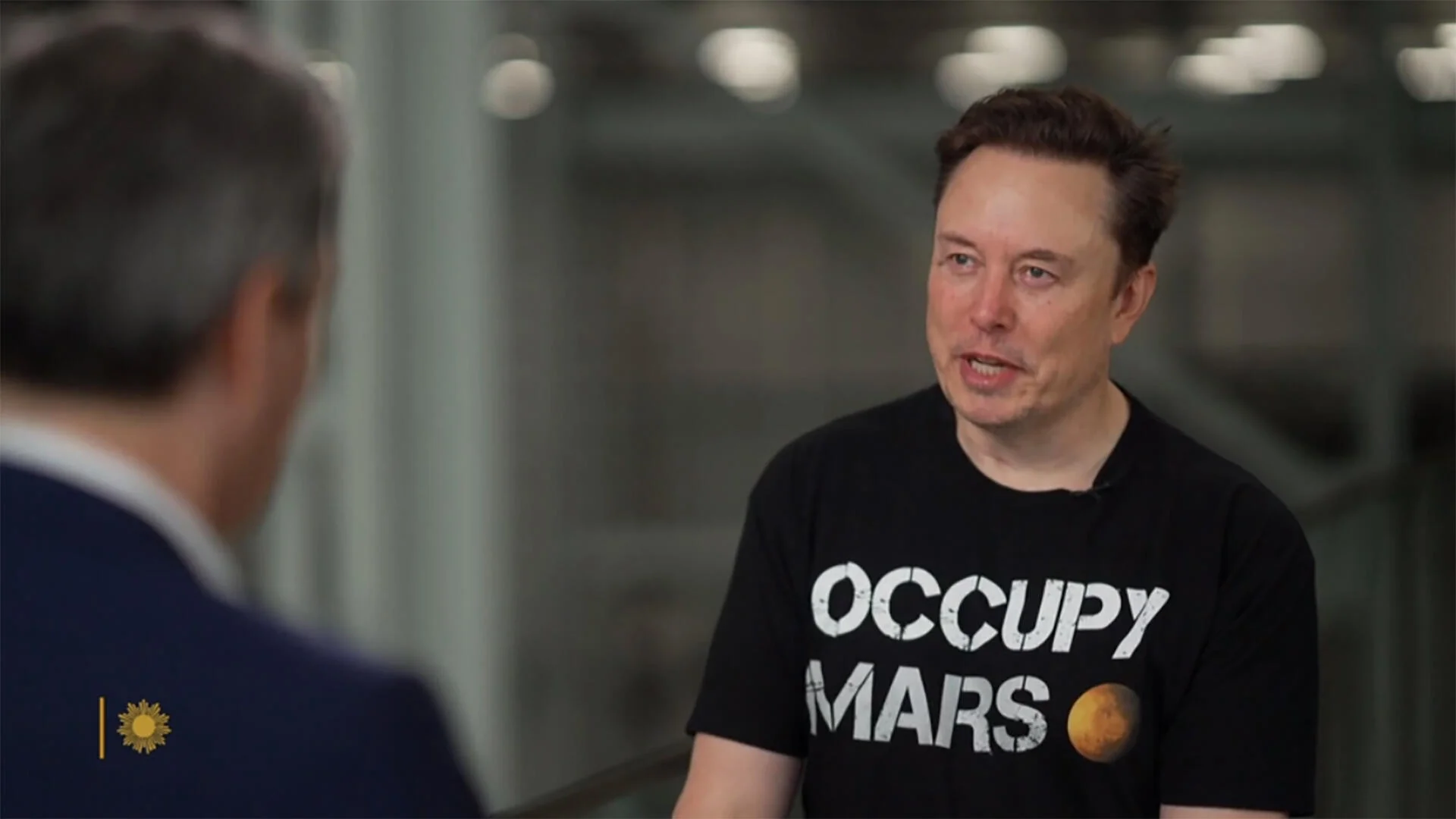The latest clash between former President Donald Trump and tech mogul Elon Musk showcases a bizarre spectacle where the right"s infighting reveals deeper issues within the Republican Party. Trump, in a recent post on his platform Truth Social, launched a personal attack on Musk, suggesting he should return to South Africa and accusing him of relying on government subsidies. This outburst came after Musk criticized Trump’s sweeping tax and spending bill, known as the "big beautiful bill," that he branded as hypocritical and destructive.
Trump’s Deflection from His Own Fiscal Responsibility
Trump’s response to Musk’s criticism highlights an alarming trend among Republican leaders who refuse to take accountability for the consequences of their policies. The bill Musk condemned is projected to add $5 trillion to the national debt, a staggering figure that raises questions about fiscal responsibility. Rather than addressing these implications, Trump has resorted to personal attacks, demonstrating a lack of substantive engagement with the issues at hand.
Musk’s Transformation from Ally to Adversary
What’s particularly striking is Musk’s transformation from a Trump supporter to a vocal critic. As reported by AP News, Musk has declared that those who campaigned on fiscal conservatism but supported the bill should be ashamed. His commitment to unseat these lawmakers signifies a growing rift within the Republican Party, one that could have far-reaching implications for the 2026 midterms.
Musk’s Call for a New Political Party
In a dramatic twist, Musk has hinted at the formation of a new political party, which he believes could better reflect the values of fiscal responsibility and limited government. This call resonates with a disillusioned electorate that is increasingly fatigued by establishment politics. As he stated, "Those who campaigned on cutting spending but voted for this should hang their heads in shame," challenging the status quo and prompting discussions about the future of bipartisan politics in America.
The Role of Government Subsidies in the EV Debate
Trump’s comments also touch on the broader debate surrounding government subsidies, particularly in the electric vehicle (EV) sector. Musk, who has benefited significantly from these subsidies, now finds himself at odds with the very administration that once supported him. According to Harvard"s Salata Institute, Trump has ordered the elimination of the EV mandate, which would undermine the progress made in sustainable energy. This contradictory stance highlights the hypocrisy within Trump"s economic policies and raises questions about his commitment to environmental issues.

Elon Musk on DOGE and his work in and out of government
The Implications for Civil Rights and Governance
The ongoing feud between Trump and Musk is emblematic of a larger struggle within the Republican Party regarding issues of governance and civil rights. As a former civil rights attorney, I recognize that the political landscape is not just about economic policies; it is also about how those policies affect marginalized communities. The expansion of debt and the prioritization of tax cuts over social programs disproportionately impact low-income Americans and communities of color, exacerbating existing inequalities.
Populism vs. Establishment Politics
As Musk positions himself against Trump’s policies, it raises critical questions about populism versus establishment politics. The clash between these two figures could galvanize a new movement that challenges traditional Republican values, which often sideline issues of equity and justice. Musk’s call for a new political party could resonate with voters seeking representation that prioritizes both fiscal responsibility and social equity.
As this feud continues to unfold, the implications for voters and political engagement will be profound. It is essential for progressive voices to remain vigilant and engaged, using these conflicts as opportunities to advocate for policies that promote justice and equity across all sectors of society.



![[Video] Gunfire between Iraqi security forces and Sadr militias in Baghdad](/_next/image?url=%2Fapi%2Fimage%2Fthumbnails%2Fthumbnail-1768343508874-4redb-thumbnail.jpg&w=3840&q=75)
